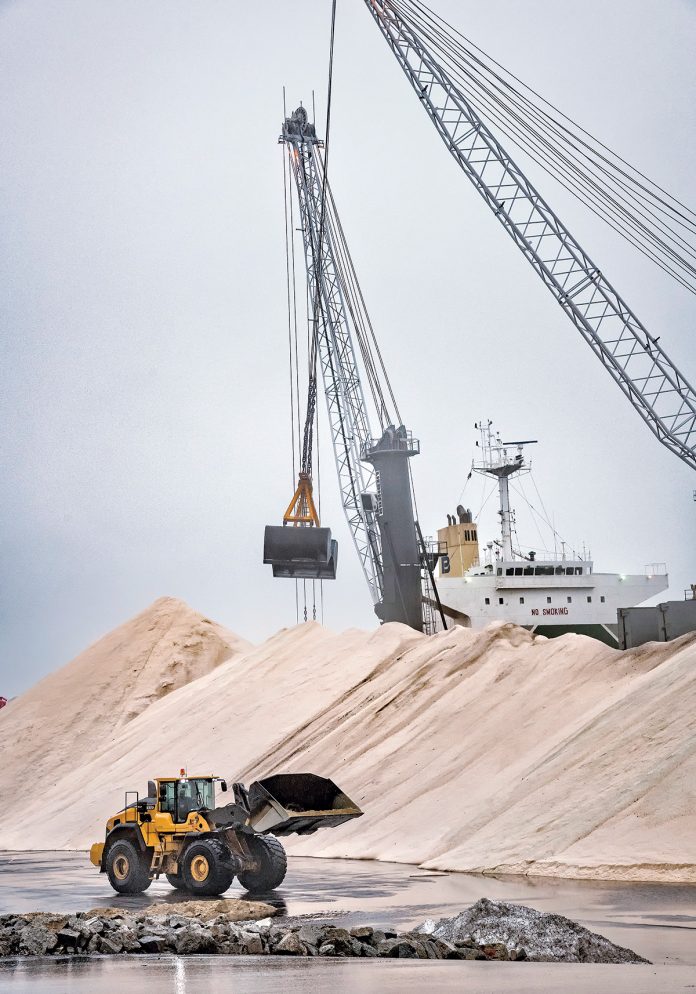
PROVIDENCE – Rhode Island’s application to expand its foreign trade zone to encompass the entire state was approved in September, and soon, the R.I. Commerce Corp. and Bryant University’s John H. Chafee Center for International Business will host a seminar for interested businesses.
Foreign trade zones are restricted-access sites that can allow companies to defer, reduce, or eliminate customs duties on foreign imports. The state was approved for an “alternative site” designation that allows companies or sites within them to apply to be activated as foreign trade zones.
The benefits for companies that use foreign materials in domestic sales include reduced tariffs on imported materials or products that are then enhanced or made into a final product, and more flexibility in paying tariffs.
Companies that import products or materials, and work on them before reselling to international customers, pay no tariff if the activity is in a foreign trade zone.
The greatest beneficiaries are companies that import large volumes of products or materials, and then refine or improve them before shipping them out for sale. Companies can also store goods in the zone indefinitely and defer a tariff, which frees that money for other purposes, or delays the payment until they are closer to receiving sale proceeds.
Read PBN’s cover story on the potential impact and benefits of a foreign trade zone alternate site framework here.
Commerce RI told PBN this week the existing three sites previously designated as FTZs remain intact (Quonset Business Park, Warwick Business Center and ProvPort) and are now recognized as “magnet sites” by the U.S. Foreign Trade Zone board. The entire state is now FTZ-eligible, which means any Rhode Island business seeking to use an FTZ can apply.
Commerce noted that interest in FTZs has increased since the new designation was approved.
“We are working with numerous companies such as retail companies and warehousing companies,” said Commerce RI spokesman Brian Hodge. “We have received inquiries from several manufacturers. The word is spreading within the business community.”
The seminar on FTZs will take place on Feb. 13 at Bryant University and will feature four presentations:
- Commerce RI President and Chief Operating Officer Jesse Saglio with John Riendeau, Commerce’s director of business development and FTZ manager, will talk about the status of the state’s FTZ designation and describe the mechanics of an FTZ designation, as well as FTZ authorization.
- Jason Given, a senior manager of KPMG LLP’s trade and customs service practice, will speak on topics that will help importers identify whether an FTZ designation would benefit them, as well as about the costs of implementing and maintaining an FTZ.
- JF Moran President Betty Robson, who is also an associate professor at Johnson & Wales University, will speak on her experience operating FTZs in other states. Robson has applied for an FTZ in Rhode Island as well.
- Matthew Marten, director of business development at NORAD Inc., which operates one of the largest seaports for auto imports in the United States and is an authorized FTZ in Rhode Island, will speak on how and why the company operates as an FTZ in the state.
Commerce RI encouraged interested businesses to attend the event to better understand the application process and the potential benefits from an FTZ designation.
Tickets to the event, as well as more information, may be found online.












